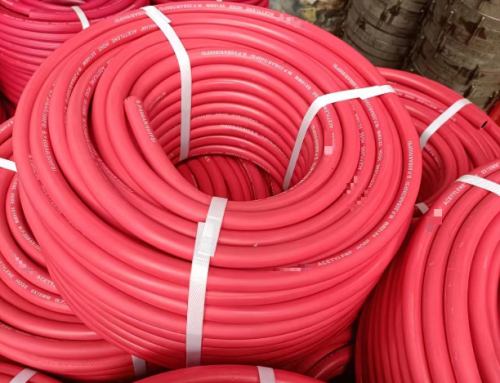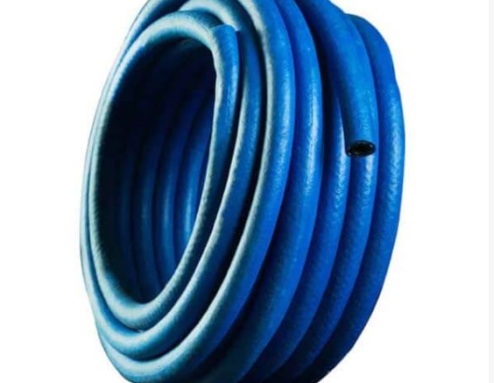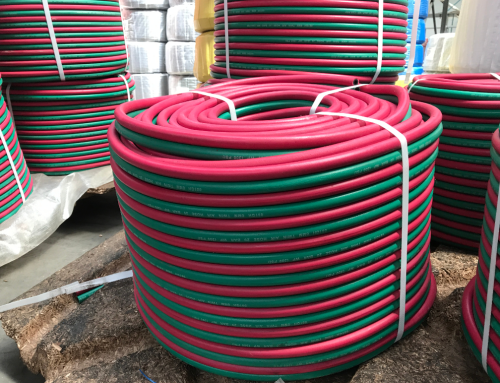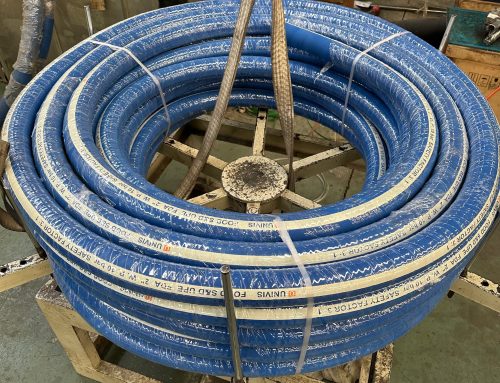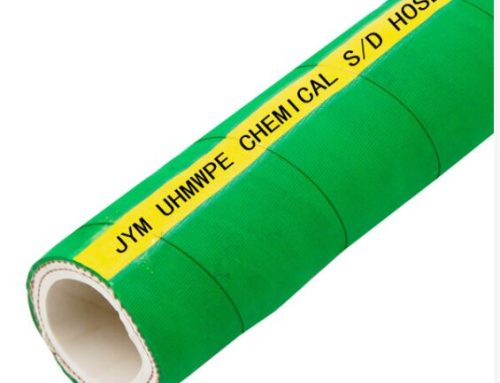Water Solution Hose: Technical Specifications and Applications
In the realm of fluid transfer, the water solution hose stands out as a pivotal component in various industrial and agricultural applications. Designed to handle a wide range of fluids, including water, fertilizers, and other chemical solutions, these hoses are engineered to meet rigorous performance standards. This article delves into the technical specifications and diverse applications of water solution hoses, highlighting their significance in modern operations.
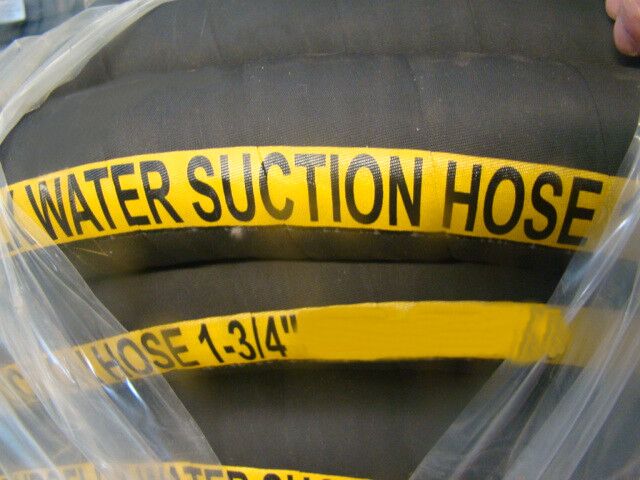
Technical Specifications
Water solution hoses are constructed from high-quality materials that ensure durability and resilience under pressure. The primary components of these hoses include:
1. **Material Composition**: Most water solution hoses are made from synthetic rubber, thermoplastic elastomers, or PVC (Polyvinyl Chloride). These materials are chosen for their resistance to abrasion, UV rays, and various chemicals, ensuring longevity and reliability.
2. **Pressure Rating**: The pressure rating is a crucial parameter that dictates the hose’s capability to handle fluid transfer without bursting. Typically, water solution hoses have pressure ratings ranging from 150 PSI to 300 PSI, depending on the intended application. Higher pressure ratings are available for specialized industrial uses.
3. **Temperature Range**: The operational temperature range for water solution hoses is generally between -20°F to 150°F (-29°C to 65°C). Some advanced hoses can withstand extreme temperatures, making them suitable for hot water applications.
4. **Inner Diameter (ID)**: The inner diameter of water solution hoses varies, commonly ranging from ½ inch to 4 inches. The choice of diameter affects the flow rate and pressure drop, which are critical factors in system design.
5. **Reinforcement Layers**: Many water solution hoses feature multiple layers of reinforcement, such as textile braiding or spiral wire. These layers enhance the hose’s flexibility while providing additional strength to withstand high pressure and minimize kinking.
6. **Chemical Resistance**: Water solution hoses are often formulated to resist corrosion and degradation from various chemicals. This characteristic is essential for applications involving fertilizers, pesticides, and other agricultural solutions.
7. **Compliance Standards**: High-quality water solution hoses are manufactured in compliance with industry standards such as ISO, SAE, and FDA regulations. Compliance ensures that the hoses are safe for use in food and agricultural applications.
Applications
The versatility of water solution hoses makes them indispensable across several industries:
1. **Agriculture**: In agricultural settings, these hoses are commonly used for irrigation systems, delivering water and nutrient solutions directly to crops. Their ability to withstand varying pressures and chemical compositions makes them ideal for both drip and sprinkler irrigation systems.
2. **Industrial**: Water solution hoses are extensively used in manufacturing and processing plants for transferring water-based solutions, cleaning agents, and cooling fluids. Their durability under high pressure and temperature makes them suitable for demanding environments.
3. **Construction**: In construction, these hoses facilitate the transfer of water for concrete mixing, dust suppression, and site dewatering. Their lightweight and flexible design allows for easy maneuverability on job sites.
4. **Aquaculture**: In aquaculture, water solution hoses are employed to transport water and oxygen solutions to fish farms. Their chemical resistance ensures that water quality is maintained, fostering a healthy environment for aquatic life.
5. **Firefighting**: Some specialized water solution hoses are designed for firefighting applications, capable of handling high-pressure water delivery. Their durability and reliability are critical for effective fire suppression.
6. **HVAC Systems**: In heating, ventilation, and air conditioning (HVAC) systems, water solution hoses are utilized for transporting water and coolant fluids, ensuring efficient system operation.
Conclusion
Water solution hoses are essential components in a multitude of applications, providing reliable fluid transfer solutions across various industries. With their robust technical specifications, including high pressure ratings, chemical resistance, and temperature tolerance, these hoses are designed to meet the demands of modern operations. Investing in high-quality water solution hoses not only enhances operational efficiency but also ensures safety and compliance with industry standards.

